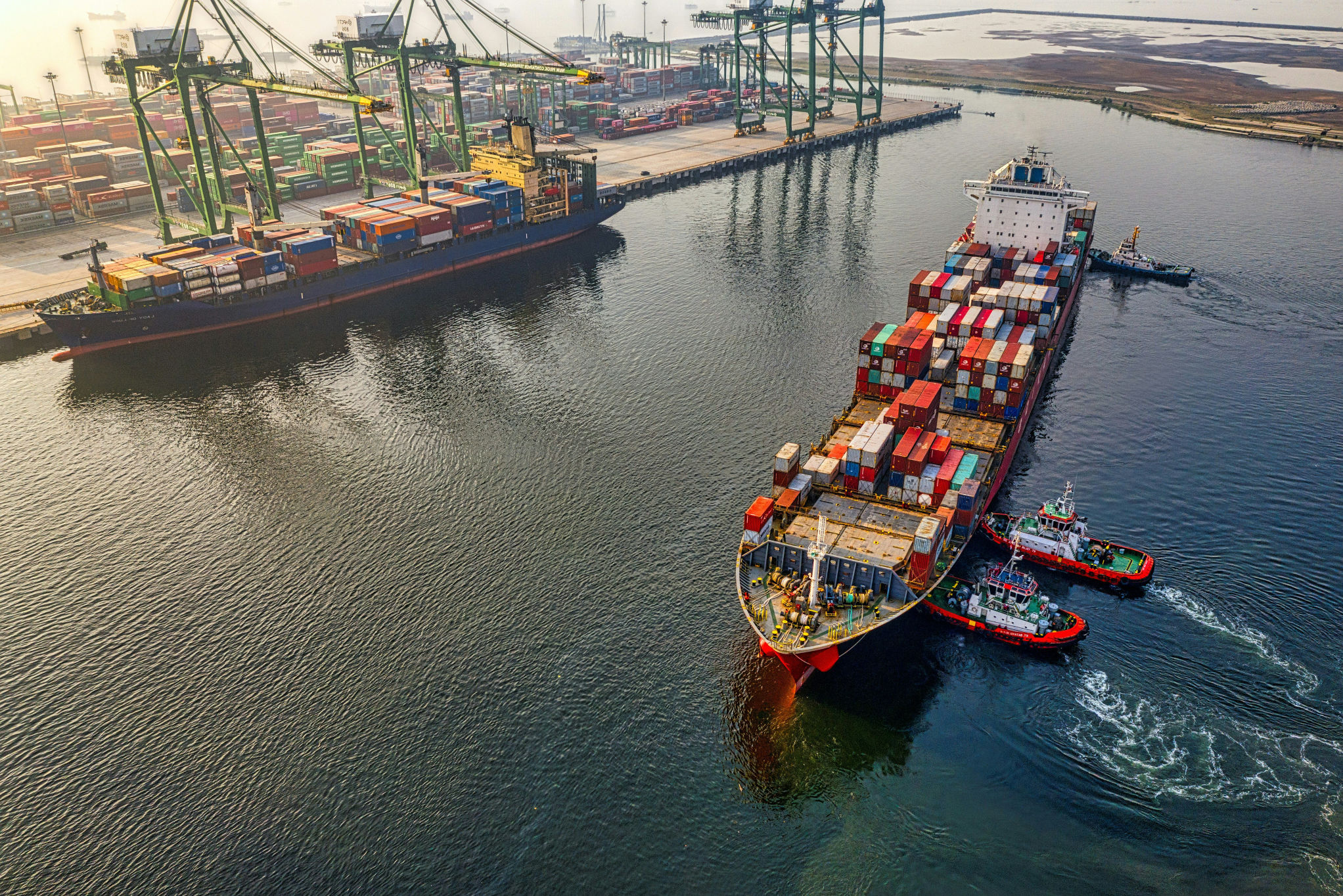Green Shipping: Pioneering Sustainable Bunker Fuels for a Cleaner Maritime Era
The maritime sector is swiftly embracing sustainability, driven by the urgent need to minimize environmental impact. Green shipping initiatives prioritize the adoption of sustainable bunker fuels to curb emissions and meet global climate targets effectively. Embracing Sustainable Choices Shipping, crucial for global trade,
The Role of Bunker Fuel in Global Trade
Bunker fuel is a fundamental element that drives the global shipping industry, providing the energy necessary to propel vessels that transport the majority of the world’s goods across oceans and seas. This essential fuel type plays a pivotal role in enabling efficient and
The Environmental Impact of Bunker Fuel Usage
Bunker fuel, also known as heavy fuel oil (HFO), has been a cornerstone of maritime transport for over a century. While it has enabled global trade by powering the world’s largest vessels, its environmental impact has become a significant concern. The dense, viscous
Navigating the Roadmap: IMO 2050 and its Implications for Bunkering
Introduction: The International Maritime Organization’s (IMO) ambitious target, known as IMO 2050, aims to reduce greenhouse gas (GHG) emissions from international shipping by at least 50% compared to 2008 levels by the year 2050. This transformative initiative is set to reshape the maritime
Bunker Fuel Sustainability: Reducing Emissions and Transitioning to Cleaner Fuels
Introduction: Bunker fuel sustainability is emerging as a pivotal concern within the maritime domain, spurred by escalating environmental pressures and regulatory imperatives aimed at curtailing emissions and combating climate change. As the backbone of global maritime trade, bunker fuels wield considerable influence over
Bunker Fuel Industry Resilience Amidst Global Crises
Introduction: In the face of global crises, the bunker fuel industry stands as a resilient pillar of the maritime sector, adapting to challenges with unwavering determination and innovation. From economic downturns to geopolitical tensions and public health emergencies, the industry has weathered numerous
Regulatory changes and their impact on marine fuel prices
Introduction In the vast expanse of the oceans, the cost of fuel for ships is not just about supply and demand. It’s also shaped by rules set by organizations like the International Maritime Organization (IMO). This article takes a closer look at how
Renewable and sustainable marine fuels
Introduction As the global community grapples with the urgent need for sustainable solutions, the maritime industry is setting sail towards a cleaner and greener future with renewable and sustainable marine fuels. This article explores the evolution, potential, and challenges of adopting renewable fuels
Impact of IMO 2020 regulations on marine fuel supply
Introduction In a landmark move toward a cleaner and more environmentally conscious maritime industry, the International Maritime Organization (IMO) set sail into uncharted waters with the implementation of the IMO 2020 regulations. Enforced in January 2020, these regulations aimed to dramatically reduce sulfur
Understanding the Legal Aspects of Bunkering
Introduction: Bunkering, the process of supplying fuel to ships, is a vital component of maritime operations. However, this intricate process is not without legal complexities. From compliance with international regulations to contractual agreements, bunkering involves a web of legal considerations that impact shipowners,










